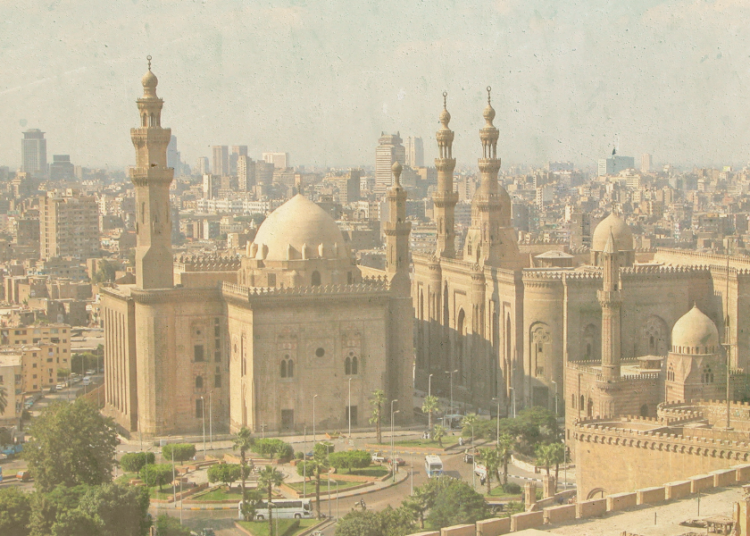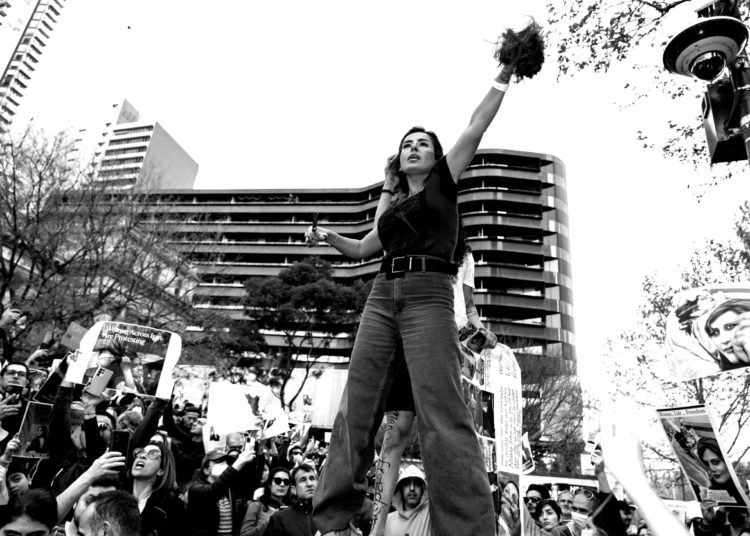This post is also available in: العربية (Arabic)
The walls would not stop shaking, and everything was collapsing at lightning pace. The sounds of the earth rumbling could be felt in one’s bones, and yet even these horrors of the February earthquake could not override the patriarchal system that places women under the authority and guardianship of men, such that the man’s authority becomes the key to women’s survival – or death.
Amina, a Syrian woman who used to live in Antakya, was rushing to get out of the house in a panic with her husband. They were running for their lives before the earthquake could claim them as victims. But the ceiling unfortunately collapsed on Amina’s head, and she lost her life on the spot.
One of her neighbors describes to us how Amina’s husband was sobbing over her death, and how she was buried under the rubble, repeating one sentence that echoed through the crowd of people standing there, stunned by the horror of the earthquake: “It’s my fault. I made her go back inside the house to get her hijab. To cover her hair.”
The earthquake did not last longer than 80 seconds, but it was faster than Amina. As she was pushing through the walls to get back inside the house to get a covering for her head, time suddenly stopped for her, and everything ended. Amina was not the only woman who was made to choose between her life and her hijab.
Shams, a young girl, told a media station the story of how she escaped from under the rubble: “The wall fell on us. My father got stuck and I was the closest to an opening we could use to get out. But I didn’t have my hijab. My father told me to get out so I could get help, and he said that God would forgive me, and that I had to go outside and ask for help.”
When the father asked to survive, the hijab lost its sanctity, and God’s forgiveness became readily available. This shows how the man’s authority operates, as he gave himself the legitimate power to give an opinion, a fatwa, in his own favor. The girl’s reluctance to get out from under the rubble, her insistence on knowing the legal judgment in this situation, and her asking her father for permission to escape without a head covering reveals a major part of how patriarchal authority operates within the family, which is the source of Sharia instruction.
When the father asked to survive, the hijab lost its sanctity, and God’s forgiveness became readily available
Ali, a young Syrian man living in Gaziantep, states in comments on social media that he was proud of what he deemed to be Syrian women’s chastity, preferring death to leaving the house without a hijab. He shares his own experience during the earthquake: “We all took a risk and stayed in the house, my mother, my sister, and me. We were confused and in so much shock that we couldn’t find their head coverings. We all said the shahada with loud voices. We preferred to stay together in the house, and we asked God for forgiveness. Thank God the building didn’t collapse.”
Anyone who was scrolling through social media after the earthquake hit could see how women’s bodies emerging from under the rubble were immediately wrapped in blankets, and how most women were afraid of going out without their hijabs, leaving no chance for any “imperfections” to be revealed in front of people’s cameras and the hundreds of rescuers.
Many women were worried about photos being shared of them being helped out from under the rubble without their headscarves on. One of these women tells us, “Men see these pictures as a source of scandal and shame for them, and we didn’t need to add any more problems to our lives.” We will not debate here whether the hijab is a religious obligation, nor will we get into discussions about different religious currents, and whether the hijab was only enforced on the Prophet’s wives… But we do have to take a moment here to acknowledge the difficulty of this moment, of finding oneself face to face with death, and also acknowledge just how difficult women’s lives really are, and how crises make them even more complicated… The patriarchy manifests itself here too, once again.
In this context, Asma Kuftaro, director of the Syrian Women’s Islamic Forum, says that Islam prioritizes self-preservation, then religion, then reason, then honor, then money.
It is indeed more accurate to place self-preservation at the top of that list, because God permitted those under compulsion to utter disbelief to save their souls when He said: “except for one who is forced [to renounce his religion] while his heart is secure in faith” (Surat An Nahl). Based on this, there is no truth to the idea being circulated that chastity takes precedence over a woman’s life or physical safety and self-preservation during disasters. A person living through a disaster situation is not required to practice jurisprudence because when disasters occur “every nursing mother will abandon what she is nursing.”
More than 50 thousand people were killed by the earthquake in Syria and Turkey, and hundreds of thousands have been displaced and sent to different shelters and tents. Since the first earthquake hit on the 6th of February, the earth has not stopped moving, and with every quake, no matter its magnitude, we lose all courage. But it seems that even in the most terrifying moments, patriarchal authority remains the ultimate judge of whether or not a woman gets to survive.































